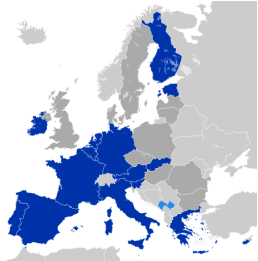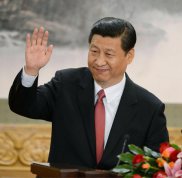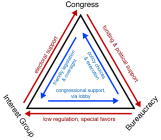We have recently had a request for a post on the war on terror… Anyone is able to request a post idea by emailing me at [email protected] – thanks :) This topic is clearly very extensive, but of great interest and importance, so please read, enjoy and share!
This phrase, the war on terror, has been popularised by ex-president George Bush as a result of the 9/11 attacks in 2001. These attacks mobilised many countries to eliminate a number of terrorist organisations, including Al-Qaeda. This term is no longer used by Obama’s administration, but they have a similar objective of combatting terrorism by using a different phrase: Overseas Contingency Operation.
This phrase, the war on terror, has been popularised by ex-president George Bush as a result of the 9/11 attacks in 2001. These attacks mobilised many countries to eliminate a number of terrorist organisations, including Al-Qaeda. This term is no longer used by Obama’s administration, but they have a similar objective of combatting terrorism by using a different phrase: Overseas Contingency Operation.







 RSS Feed
RSS Feed